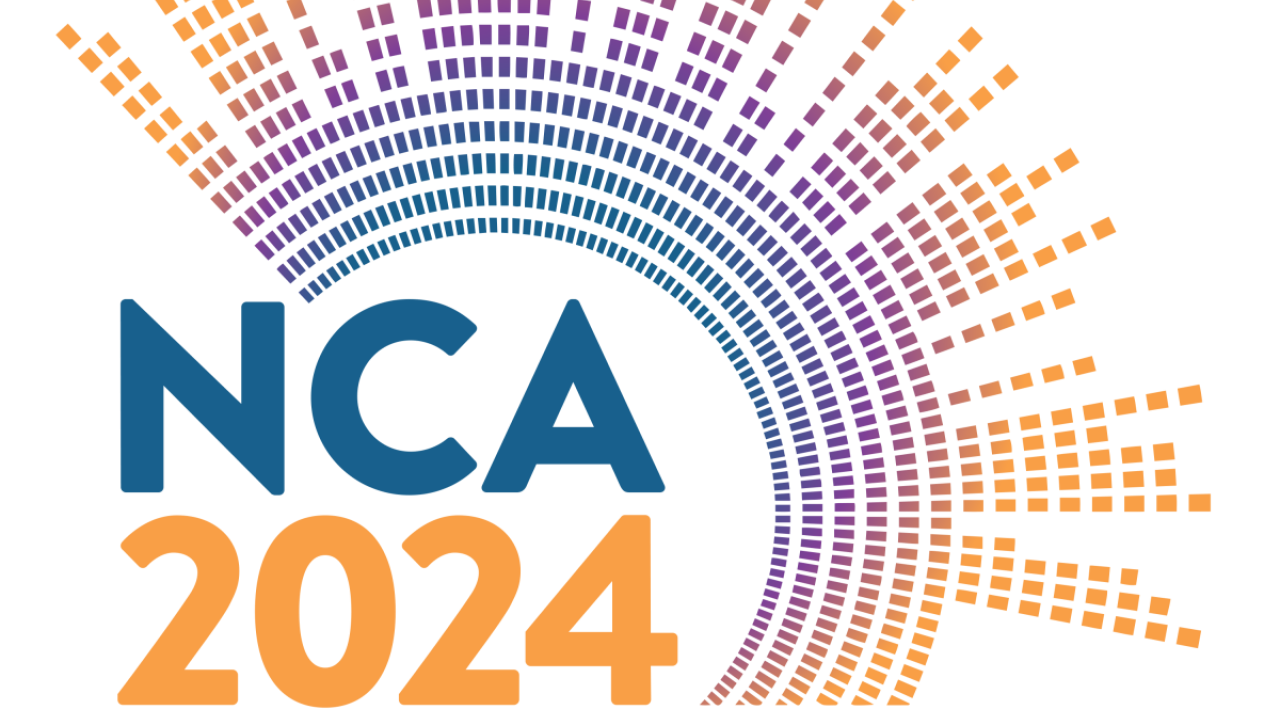
Event Date
We’re holding a special brownbag session to help our grad students prepare for their NCA presentations! This is a fantastic chance for everyone—faculty and grads alike—to come together and support our presenters. We have three great talks lined up:
Haojian Li
Digital Compassion: Unveiling Factors Behind Chinese Netizens’ Responses to Support- Seeking about Depression
Depression has become a significant public health problem across countries, especially during and after the pandemic. Due to various barriers to obtaining professional help, individuals with depression often turn to anonymous online forums for support. Situated in the cultural context of China, this study examines how culturally sensitive factors such as stigma, self-construal, locus of control, and high-context communication style, might affect the quality of support individuals provide to unknown others seeking help for depression in online communities. Findings of this study offer valuable insights into the digital support landscape for mental health issues such as depression.
Jane Shawcroft
Parent Problematic Media Use, Child Emotional Reactivity, and Household Income Relate to Parent Reliance on Media Emotion Regulation Strategies
This study explores how parent resources influence media use for regulating children's emotions. Data from 598 US parents of 3-7-year-olds show that parent problematic media use was positively associated with media emotion regulation, while child executive functions have a negative association. For children with weaker executive functions, parent problematic use was positively associated with media emotion regulation, while the opposite held for those with stronger executive functions. Higher household income strengthens the positive association between parent problematic use and media emotion regulation. Results highlight the intertwined roles of parent media habits, child regulation capacities, and household income in shaping family media processes.
Rachel McKenzie
Can You Read Between the Lines?: A Comparison of Human and ChatGPT As Support Providers
As AI chatbots’ popularity grows, research on their ability to provide social support in various contexts is emerging. This study examines if humans and ChatGPT detect linguistic variations in support-seeking messages (levels of self-disclosure) and their impact on support quality. The experiment employed a 3 (depth of self-disclosure) x 2 (problem type) factorial design. Results showed ChatGPT responses had higher interaction involvement and politeness, but human responses had more reciprocal self-disclosure. Depth of self-disclosure influenced quality of human responses, but not ChatGPT responses, suggesting that ChatGPT can provide higher quality support than humans, but is less sensitive to linguistic variations.
